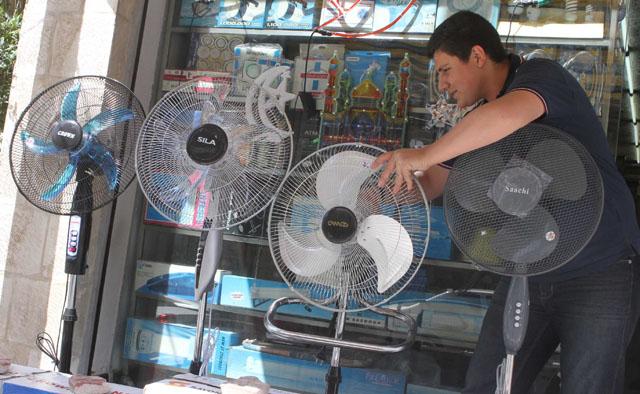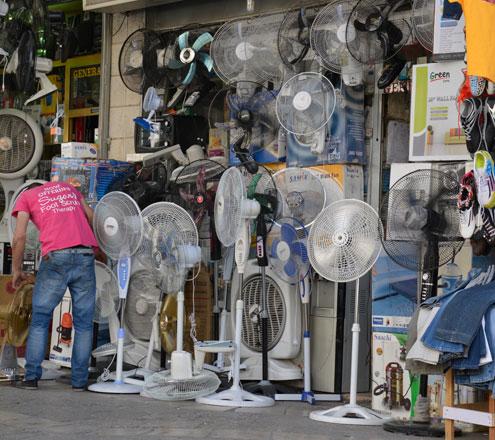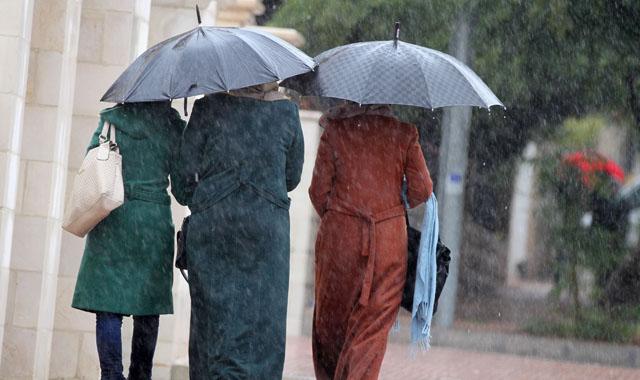You are here
Electricity usage drops in Ramadan as working hours reduced
By Hana Namrouqa - Jun 11,2016 - Last updated at Jun 11,2016

Temperatures are expected to rise three to four degrees above the annual average, reaching 34°C and 35°C on Monday and Tuesday respectively (Photo by Osama Aqarbeh)
AMMAN — Electricity consumption has dropped 8 per cent since the start of the fasting month of Ramadan due to shorter working hours, according to the National Electric Power Company (NEPCO).
The relatively moderate weather has also led to the drop in power consumption, as the load on the grid tends to rise during hot weather.
"People's lifestyle changes during Ramadan. Working hours during the fasting month, which started last Monday, are reduced at institutions and industries, while the majority of restaurants close their doors during the day,” said NEPCO's Operations Department Director Amin Zaghel.
“As a result, the load on the power grid usually drops in Ramadan by 150 megawatts," Zaghel told The Jordan Times on Saturday.
Despite the fair weather which has prevailed since Thursday, temperatures are forecast to increase starting Monday, when the country will be affected by a relatively hot air mass, according to the Jordan Meteorological Department.
Temperatures are expected to rise three to four degrees above the annual average, reaching 34°C and 35°C on Monday and Tuesday respectively, according to the department's website.
The government has announced that working hours in public institutions will be 10am to 3pm during Ramadan.
"Usually, the average daily consumption of electricity stands at 2,550 megawatts, but during Ramadan it drops to 2,400 megawatts," Zaghel said.
Related Articles
The electricity load on the country’s power grid on Sunday registered a record high of 2,715 megawatts (MW) since summer began, according to an official at the National Power Company (NEPCO).
AMMAN — The power grid on Tuesday registered a record-high load of 3,165 megawatts (MW) since the beginning of the hot season as temperature
The load on the country’s power grid increased by 15 per cent on Wednesday as temperatures plunged seven degrees below their annual average, according to officials.


















